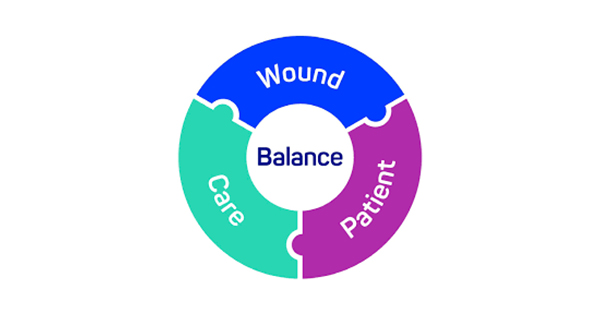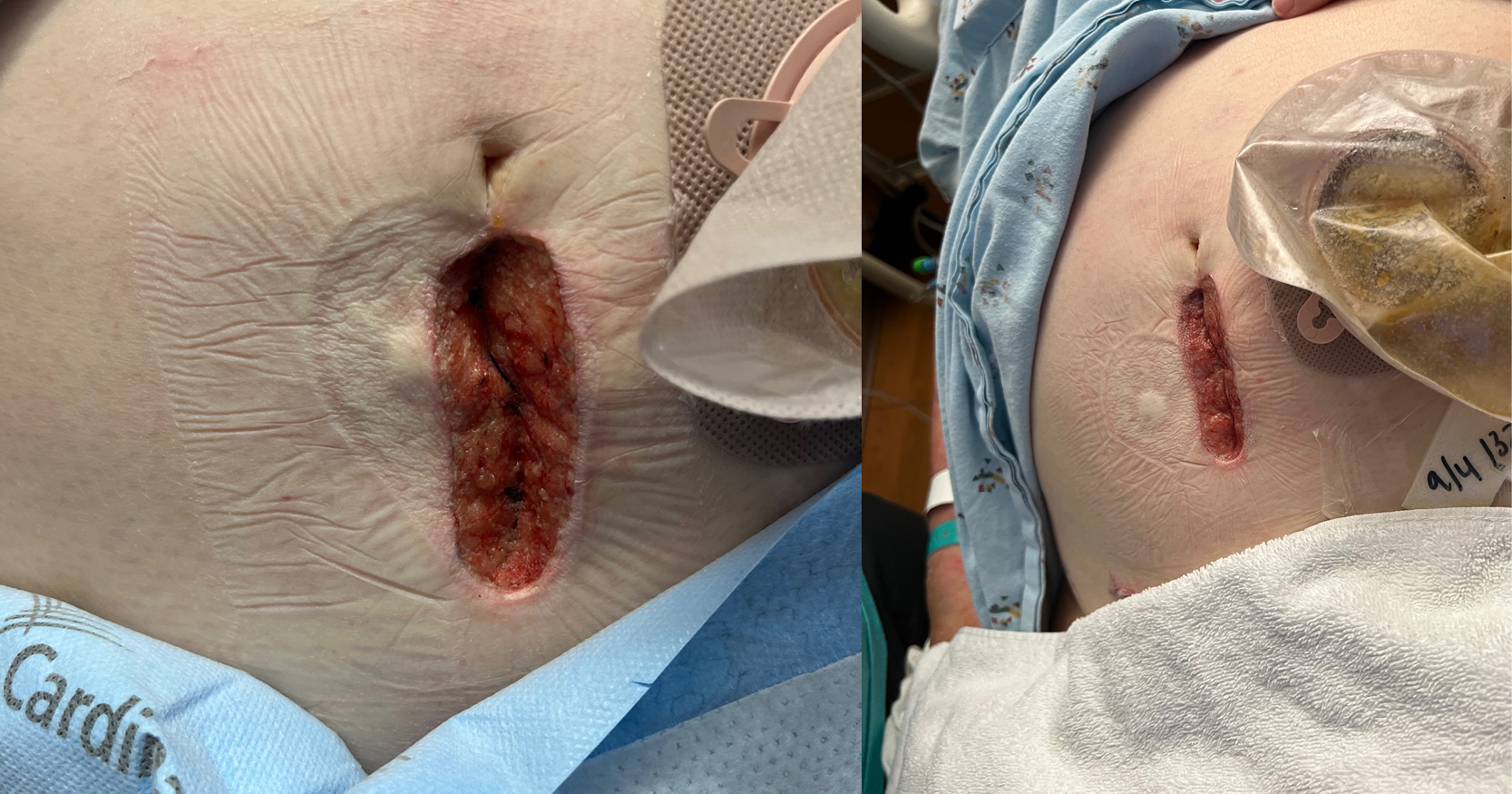<p>Lymphoedema in the resource rich countries of the world is usually associated with cancer or venous disease. In the developing world, however, large numbers of people (1.2 billion) (Dean, 2001) are at risk of developing lympoedema because they live in areas where the infected mosquitos take frequent blood meals from humans. This article seeks to explore the relationship between mosquitos, lymphatic filariasis and the associated lymphoedema and to discuss the relevant nursing interventions which can have a positive impact on literally millions of individuals.</p>






